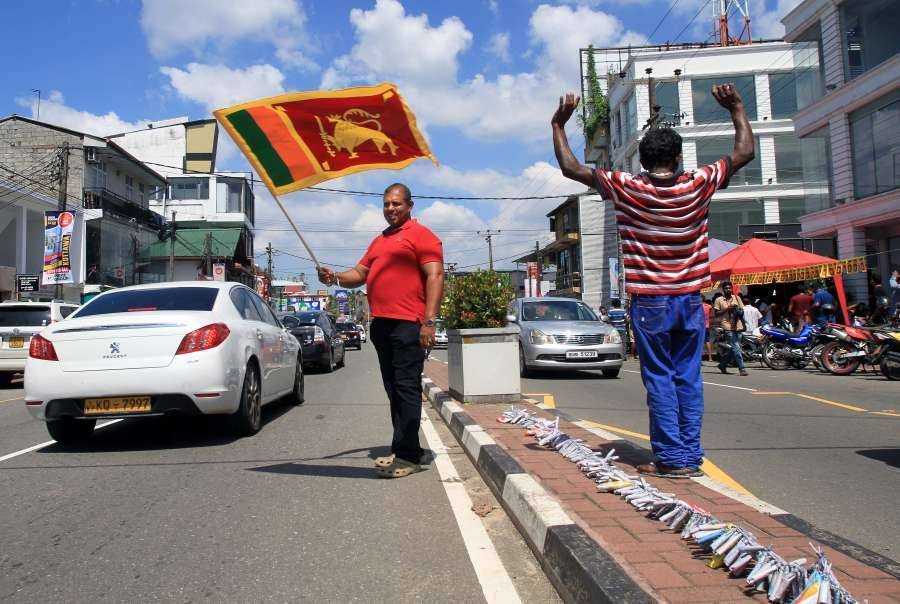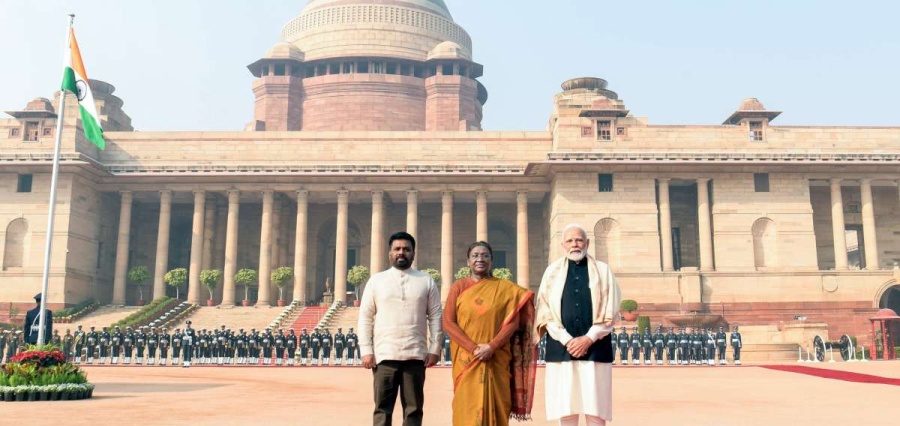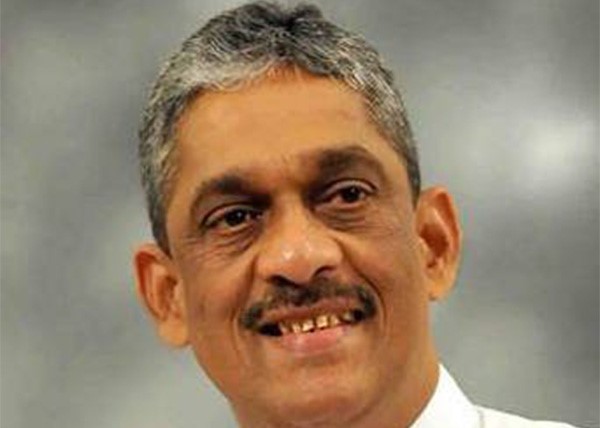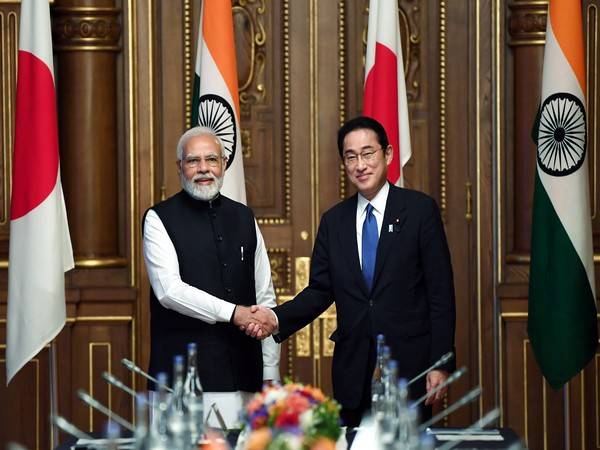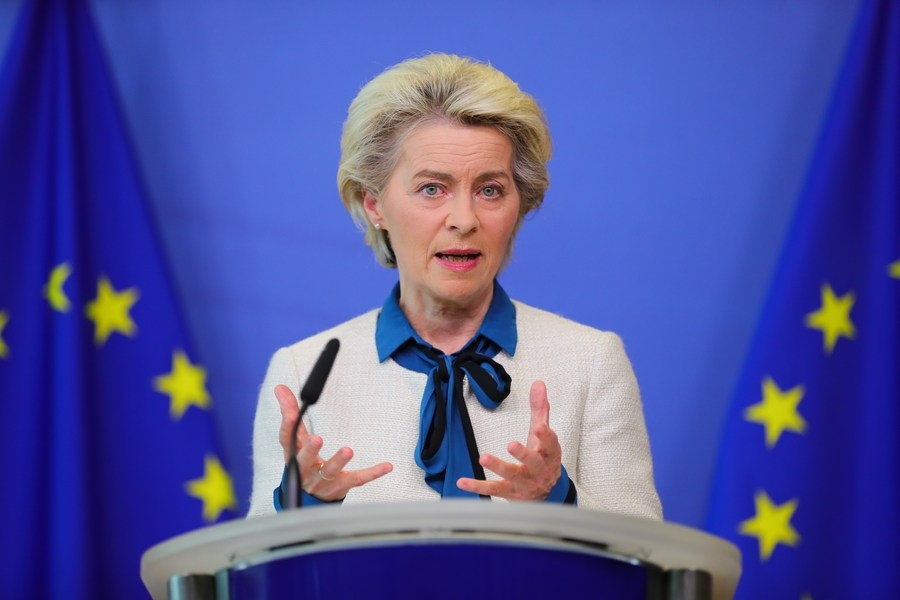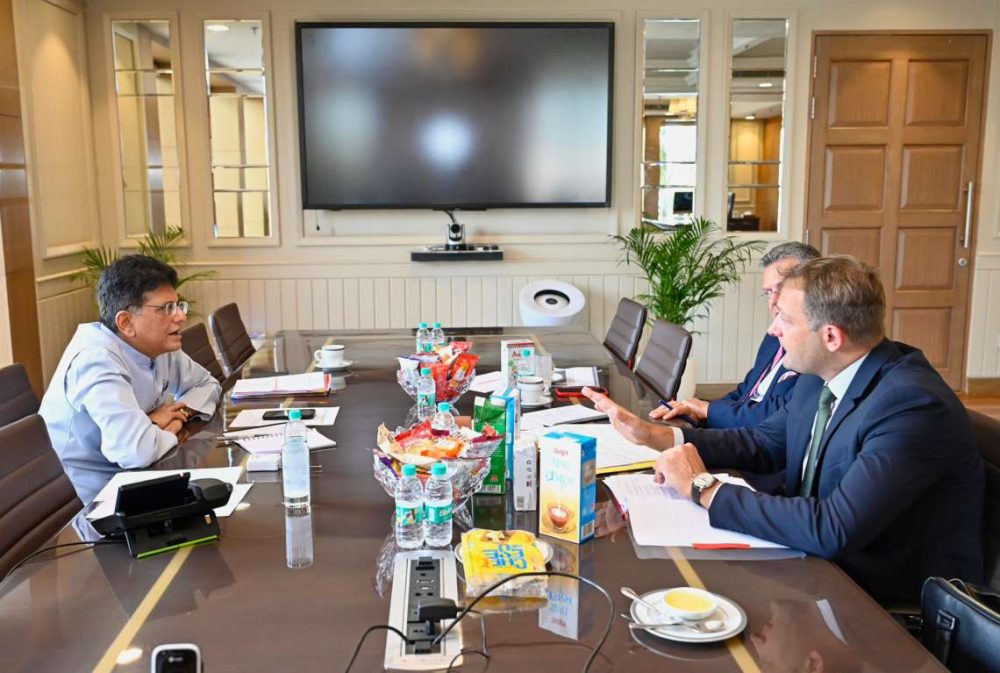Sri Lanka’s economic outlook remains vulnerable to unprecedented inflationary pressures as massive debt overhangs have significant adverse spillover effects on the economy…reports Asian Lite News
Due to the introduction of a low tax regime in 2019 followed by the impact of COVID-19 on the country’s revenue, Sri Lanka’s economic outlook continues to be in a vulnerable state as the Island nation is facing the worst economic meltdown in its history.
Sri Lanka introduced a low tax regime in late 2019 and the reforms included the reduction of tax rates of Value Added Tax (VAT), Personal Income Tax (PIT), and Corporate Income Tax (CIT), and narrowing tax bases of VAT and PIT, while introducing a plethora of tax incentives, such as tax exemptions for agriculture and Information Technology (IT) and enabled services, tax deductions and tax holidays resulting in an annual loss of around LKR 600 billion – 800 billion in tax revenue to state coffers, stated the Press Release.
The low tax regime, the impact of the COVID-19 pandemic on revenue mobilization, together with the pandemic relief measures, widened the budget deficit significantly to 11.1 per cent of GDP in 2020 and 12.2 per cent of GDP in 2021 from 9.6 per cent of GDP in 2019 and led to an increase in the government debt to GDP ratio to 100.6 per cent in 2020 and 104.6 per cent in 2021 from 86.9 per cent in 2019.
Therefore, these reforms are now being looked at as policies that led to a significant loss of government revenue, partly due to the spread of the COVID-19 pandemic in 2020/2021 and related developments, which affected the revenue generation process, ultimately resulting in the lowest revenue to GDP ratio in the region.
According to the official report, the fiscal imbalance has significant adverse spillover effects on the economy. Sri Lanka’s economic outlook remains vulnerable to unprecedented inflationary pressures as massive debt overhangs have significant adverse spillover effects on the economy.
The loss of access to international markets and the relatively low amount of other foreign exchange inflows to the government have created substantial issues in financing the government budget deficit.
In 2020 and 2021, the entire budget deficit was financed through domestic sources as there were net repayments to the foreign sources. Of the domestic sources to finance the budget deficit, the majority was obtained from the banking sources, particularly from the Central Bank of Sri Lanka. A continuous significant amount of Central Bank monetary financing has adversely affected the economy, particularly with the significant pressure on the inflation and the exchange rate.
At present, the situation has aggravated to a very critical level where the General Treasury has to increasingly obtain Central Bank financing to make the government expenditures, including a substantial part of interest, salaries and wages, pensions and Samurdhi payments etc. This is clearly unsustainable and hence the implementation of a strong fiscal consolidation plan is imperative through revenue enhancement as well as expenditure rationalization measures in 2022 and beyond to ensure macroeconomic stability to support the medium to long-term economic growth objectives of the country, the press release said. (ANI)


